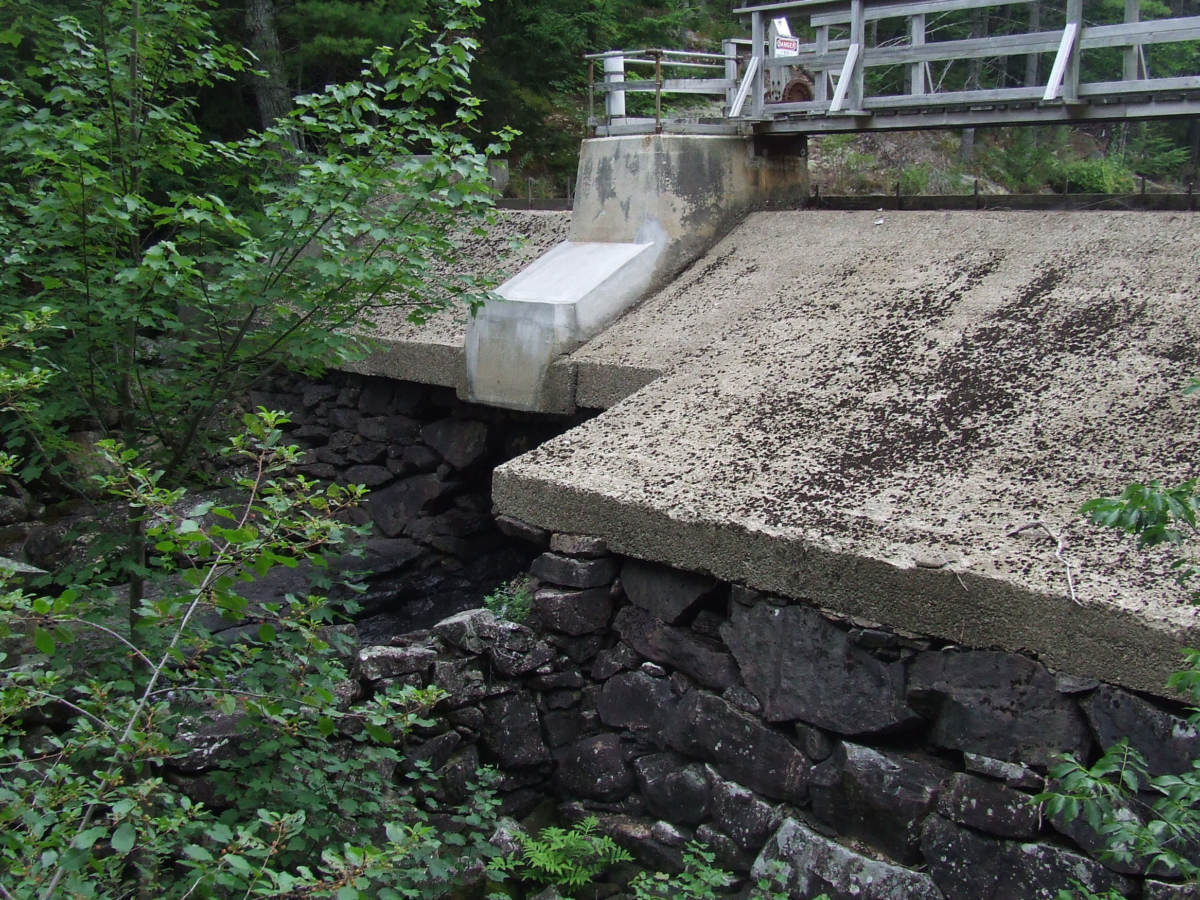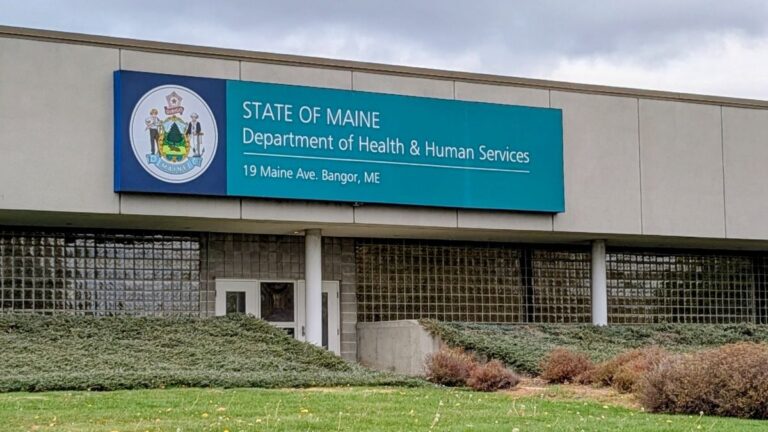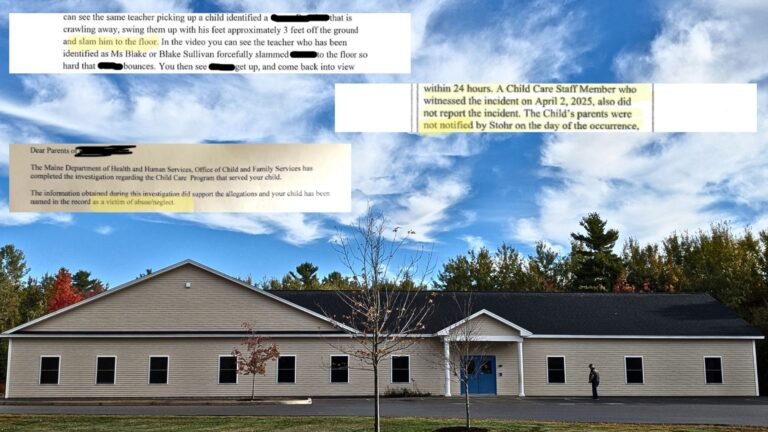AUGUSTA — No one in state government — all the way up to the governor — denies the state is failing to regularly inspect Maine’s potentially hazardous dams.
Most, though, don’t expect to do much about it, even though state law requires regular inspections.
Some say there’s no risk in the current situation. Others say they are placing their faith in assurances from the Maine Emergency Management Agency that it is trying to solve the problem and that in the meantime, if a dam breaks, evacuation plans are up-to-date.
Gov. Paul LePage’s press office issued a statement noting the lax inspection problem, documented last month by the Maine Center for Public Interest Reporting, “has been an issue for decades,” but said that the news story “failed to recognize the efforts dam inspectors are currently engaged in.”
That includes “working towards meeting the standards of reporting,” the statement said. “For the dams that have been placed in the high risk category, emergency plans are in place and MEMA inspectors are actively involved educating dam owners.”
The center’s investigative report revealed that the state had records of on-time inspections of only 10 percent of the 93 dams in the state classified as high or significant hazard.
High hazard dams could take lives if they failed; significant hazard dams would destroy property. State law requires them to be inspected by a MEMA civil engineer every two or four years, respectively.
A few weeks ago, state Sen. Stan Gerzofsky, D-Brunswick, a member of the legislative public safety committee that oversees dams, said the state’s backlog of dam inspections worried him.
“Someday something’s going to happen,” he said, “and people’s eyes are going to open up.”
But this week Gerzofsky said, “I think that they [MEMA] know every dam in the state of Maine like the back of their hand. They might not have done reports on them, but they know the dams. I have a lot of faith in MEMA that they’re stretching those dollars as best they can. They may be behind in doing reports, but I don’t think they’re behind in knowing what’s going on.”
But he added, “There might be things out there I might not know anything about.”
Gerzofsky also said that during the Legislature’s special session later this month he would call on MEMA Director Robert McAleer “to have a little oversight conversation; how we got through this event [Tropical Storm Irene], how stream gauges worked, how dams fared.”
There were no reports of dam failures in Maine in the wake of Irene.
Sen. Garrett Mason, R-Lisbon Falls, the Republican chairman of the committee, said he has spoken with Gerzofsky, “and we’re going to talk to the Appropriations Committee about what we can do” to better fund the program.
“We need to make sure these dams are inspected,” said Mason, co-chairman of the Committee on Criminal Justice and Public Safety.
“You’ve got to have more inspectors, and the program’s got to be funded,” he said.
He added, however, that so far “we just don’t have the funding to go after” the dam inspection problem. He also was skeptical about an earlier legislative proposal to raise the funds to hire more inspectors through a fee on dam owners, which include private owners and municipalities.
“At a time like this, fees on anything I question, that’s something I campaigned about that we needed to try to stop. Maybe we can look at other ways we can fund this program,” Mason said.
The president of the Maine Section of the American Society of Civil Engineers said the state’s lax inspection program “just doesn’t seem right.”
Ralph Nelson, an engineer who specializes in dams, said, “The risks are that some of these dams slip through the cracks and it’s not inspected … there needs to be a much more serious commitment of funding at the state level.”
The civil engineers gave Maine a grade of D+ in 2009 for its dam safety program (the national average grade was D). In New Jersey, which got a C+ grade for its dam safety program from the engineers, four dams breached recently in the wake of a heavy rainstorm.
But state lawmakers on the public safety committee just don’t see a deadly dam failure happening in Maine, despite the lack of up-to-date information on the safety of 90 percent of the state’s potentially dangerous dams.
“I can’t anticipate that happening,” said Rep. Gary Plummer, R-Windham. “I think the existing inspectors have a pretty good handle on what’s going on out there, whether there’s documentation to show it.
“I understand that there’s potential in dams of affecting people’s lives,” said Plummer. “But it’s one of the things we have to prioritize with the funding we have.”








